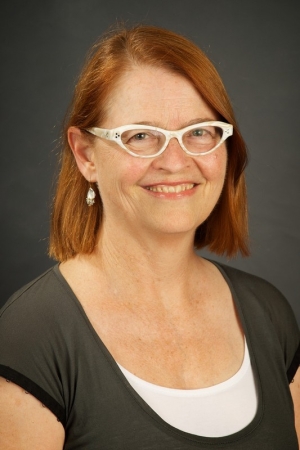HuffPo Op-Ed: Interrupting the Cycle of Juvenile Delinquency
May 12, 2015 / by Jacquelyn McCroskey and Denise Herz- Research
- Opinion
Jacquelyn McCroskey is the John Milner Professor of Child Welfare at the USC School of Social Work, co-director of the Children's Data Network, and a commissioner of the Los Angeles County Commission on Children & Families. Denise Herz is a professor at California State University, Los Angeles.
Each year, thousands of youth enter the juvenile justice system in Los Angeles County.
As the system is currently structured, the majority are ordered "home on probation," which involves regular visits with a probation officer while a youth either lives at home or in a court-ordered "suitable placement" with a relative or in a group home. In more serious cases, a youth can be assigned to more structured, secure probation camps. Whatever the structure, the intention is the same -- rehabilitate the youth, provide them the supervision and treatment they need, and get them back on track.
But are these probation programs working?
To find out, we recently completed a study on a sampling of youth in the probation system in Los Angeles County. Under the umbrella of the Advancement Project, the research was led by the School of Criminal Justice and Criminalistics at California State University, Los Angeles, with assistance from the USC School of Social Work and Children's Defense Fund-California. The County Departments of Mental Health, Children and Family Services (DCFS) and the Office of Education also contributed information to the study.
Working closely with the Los Angeles County Probation Department, our research team tracked 500 randomly selected youth who had exited either a probation camp or suitable placement during 2011. We collected information on these youth a year before they left this placement and for 12 months afterwards to see where they started, how they did while in placement, and how they were doing a year later.
The study found many of these youths - almost a third - cycled right back into the system, and identified some important factors as to why.
Read more in the Huffington Post.
To reference the work of our faculty online, we ask that you directly quote their work where possible and attribute it to "FACULTY NAME, a professor in the USC Suzanne Dworak-Peck School of Social Work” (LINK: https://dworakpeck.usc.edu)
